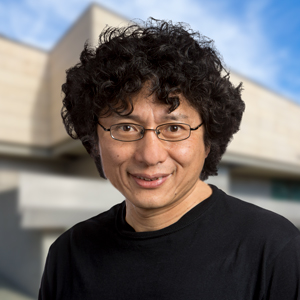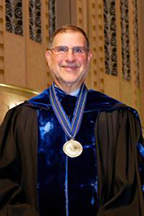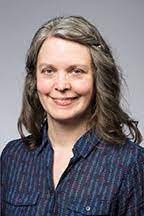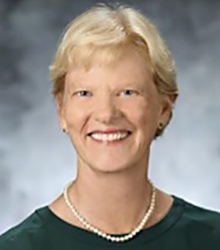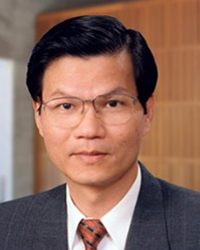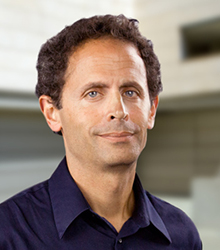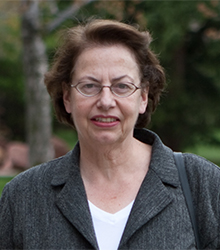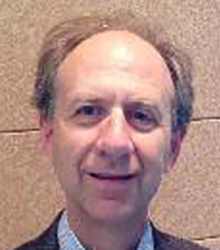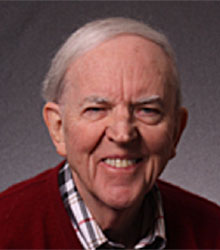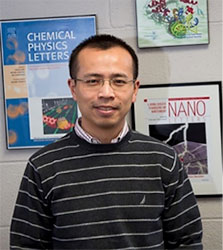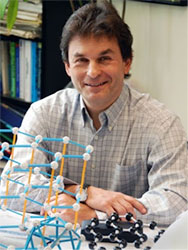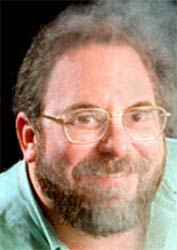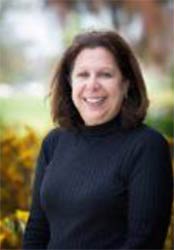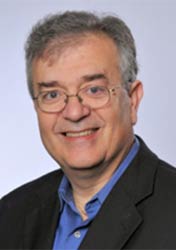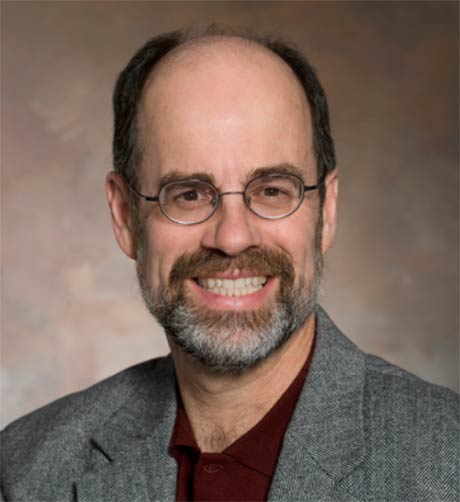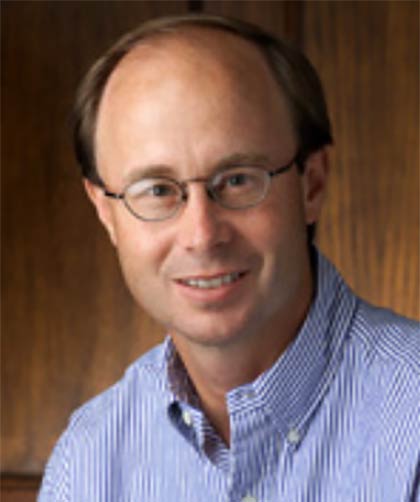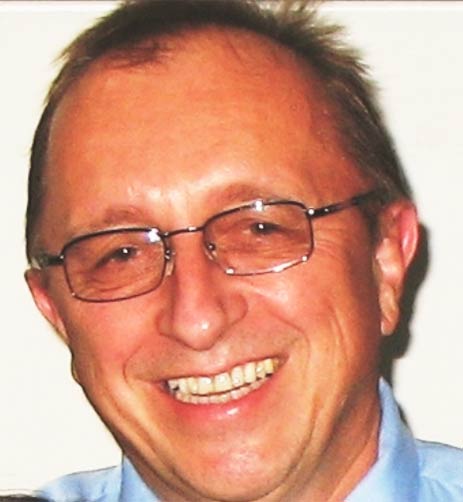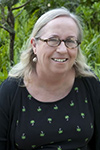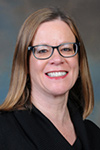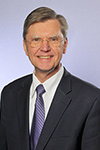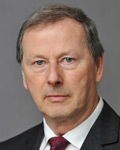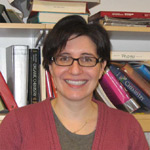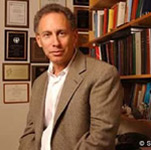|
|
|
|
|
|
|
Professor of Biochemistry and Bioinformatics, Head of the School of Chemistry & Materials, Rochester Institue of Technology
|
Lita Annenberg Hazen Prof. of Chemistry – The Scripps Research Institute
|
J.E. Sirrine Foundation Endowed Chair and Professor of Chemistry – Clemson University
|
|
| Dr. Paul A. Craig: |
Ph.D., Biological Chemistry, University of Michigan, 1985
|
Postdoctorate, Biophysical Chemistry, Henry Ford Hospital, 1988
|
|
| Research Focus |
Dr. Craig works with faculty members to oversee student life in SCMS, representing SCMS in person and in print, and provides leadership and vision to the academic unit. Additionally, he heads an active research group where computational and wet lab methods are used to predict the functions of proteins.
|
The Human Visualization Project: A team of faculty and students from different colleges & departments at R.I.T. are collaborating to create a 3D virtual human all the way from gross anatomy to organs, tissues, cells, and molecules.
|
Proteomics: Working to develop interactive computer programs that simulate separations processes encountered in biochemistry and proteomics. To date, Dr. Craig’s team has developed simulations of ion exchange chromatography, and one- and two- dimensional electrophoresis.
|
|
|
|
| Dr. Jeffrey W. Kelly: |
B.S., Chemistry, SUNY College at Fredonia, 1982
|
Ph.D., Organic Chemistry, University of North Carolina, 1986
|
NIH Postdoctoral Training, The Rockefeller University, 1987-89
|
|
|
Dr. Kelly has held several different leadership positions at The Scripps Research Institute. He is presently Chair of the Department of Molecular & Experimental Medicine. His research team, The Kelly Research Group, has been investigating protein misfolding diseases, which are becoming increasingly common as the population ages and as we improve the diagnosis of these pathologies. Their goal is to understand the molecular mechanisms of protein folding and misfolding in a test tube, and in the cytoplasm and secretory pathway of mammalian cells. They also aim to develop new small molecule therapeutic strategies against these neurodegenerative disorders.
|
|
|
|
| Dr. Marek Urban: |
B.S./M.S. (1979) Materials Science & Engineering, AGH University Science & Technology, Krakow, Poland
|
M.S. (1981) Chemistry, Marquette University
|
Ph.D. (1984) Chemistry & Chemical Engineering, Michigan Technological University
|
Postdoctoral (1984-86) Dept. of Macromolecular Science, Case Western University
|
|
| Awards |
2003 - Innovation of the Year Award and Distinguished LETTERS Scholar (USM); 2004 - Distinguished Research Award (Marquette Univ.); 2006 – Outstanding Faculty Research Award (USM); 2009 – Distinguished Professorship Award (Shandong Univ., P.R. China)
|
|
| Research Focus |
The Urban Research Group, is an interdisciplinary research team interested in a broad range of fundamental and applied aspects of materials chemistry in general, and macromolecular science in particular. Their current efforts include: the design of self-repairing polymeric systems with light sensitivity, corrosion inhibition, anti-fouling, and other unique attributes; and the design of surface/interfacial reactions on polymeric substrates that lead to stimuli- responsiveness. Using chemical imaging as a tool, they design, develop, and formulate clever, environmentally benign materials attractive for many branches of technologies.
|
|
|
| |
|


